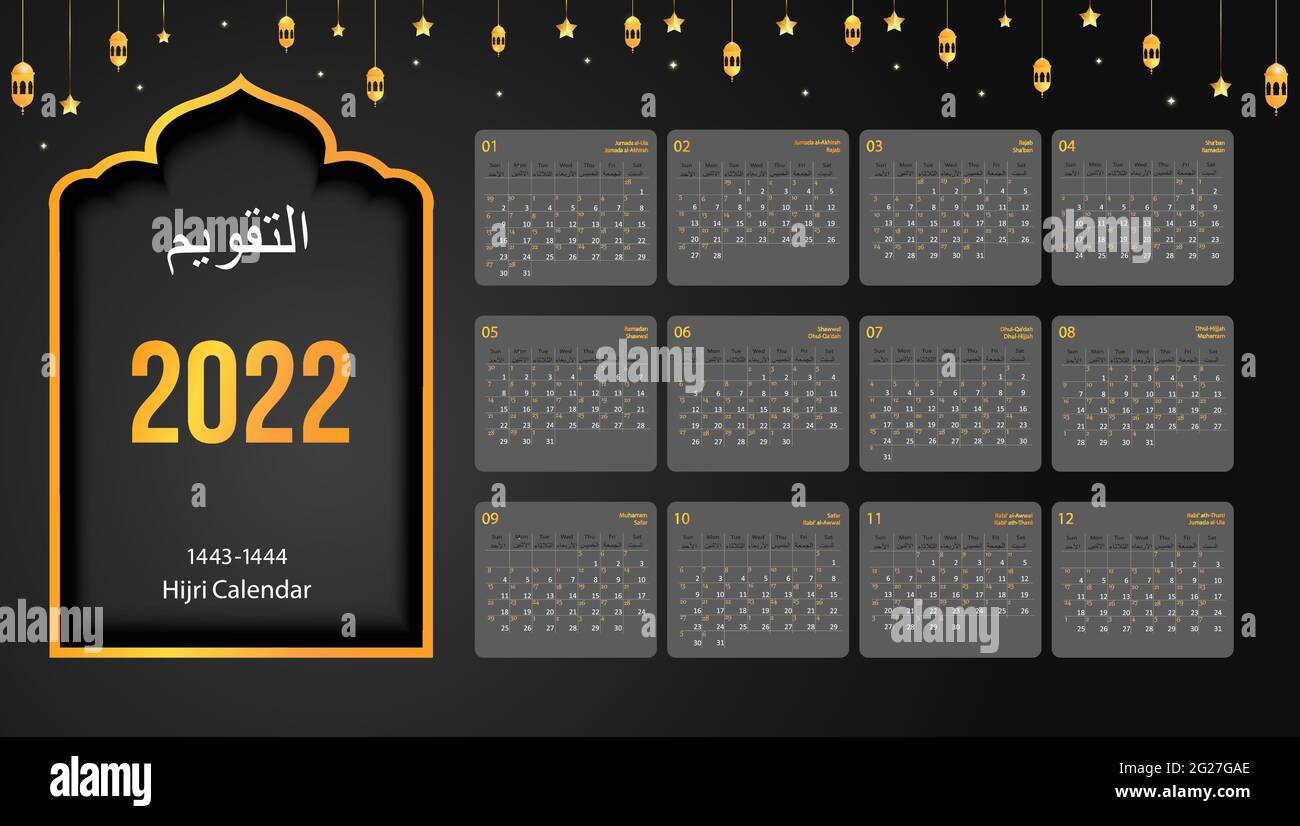

Goat, mutton, beef, and chicken meat are very popular, as well as camel meat.

Indulge in some authentic Pakistani cuisine, which is similar to north Indian food but three times as meat-intensive.These animals are all destined for the sacrificial slaughter, and you can even see numerous knife sharpeners busily readying the “instruments of sacrifice.” You will see bulls decked out in flowery garlands, sheep with colourful yarn harnesses over their faces, and camels with henna-dyed patterns etched onto their hair. Tour the largest livestock market in all Asia, located in Karachi.The skillful architecture, the mass meetings gatherings in and around the buildings, and should you venture inside, the ornately decorated interiors, are quire a memorable sight. See the crowds gather at the largest mosques in the country, such as the Faisal Mosque in Islamabad or the Badshahi Mosque in Lahore.Those visiting the land of Pakistan during Eid ul Azha celebrations may wish to add any of the following activities to their “to do list:” Either way, a third of the meat is traditionally given to the poor. Others will simply buy large amounts of meat from the store. Some will buy an animal, a cow, ram, goat, sheep, or camel, and have it slaughtered to represent the “sacrifice” of Ishmael. Pakistanis will also dress up in new-bought clothes, visit friends and family, hold large, meat-based feasts, and give money to the poor so that they can feast as well. First, the day begins with early morning prayers and a sermon at a local mosque. There are many traditions Muslims follow on Eid ul Azha. The date varies on the Gregorian calendar and is only officially established by a centralised moon-sighting committee. Festivities begin on the 10th day of the Islamic month of Dhul Hijja, called “Zilhaj” in Pakistan, which is the last month of the Muslim year. Thus, local celebrations take place each year.Įid ul Azha actually is kept for three straight days, the first two of which are public holidays in Pakistan. However, it is simply too expensive and impractical for all to travel to Saudi Arabia to celebrate Eid ul Azha. It is one of the Five Pillars of Islam to go on pilgrimage to Mecca this time of year to re-enact Ibrahim’s sacrifice, and many Pakistanis do. The willingness of Ibrahim to give up his son is what is regarded as important, even though Allah is said to have intervened and provided a ram to be sacrificed in place of Ishmael. Meaning “the Feast of Sacrifice,” the holiday commemorates the offering of Ishmael by Ibrahim (Abraham) to Allah, according to the Koranic account.


 0 kommentar(er)
0 kommentar(er)
